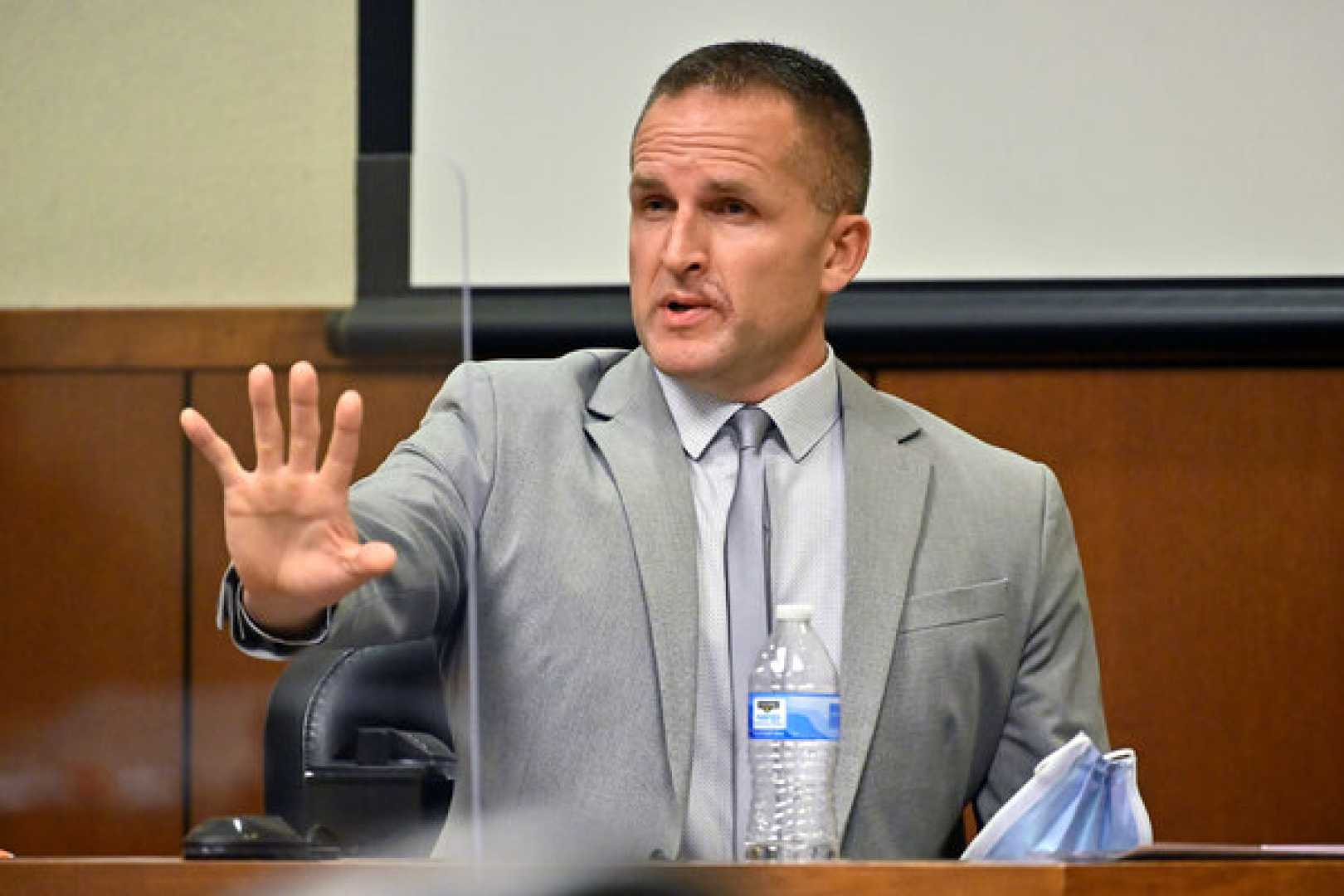News
Former Louisville Police Detective Brett Hankison Found Guilty of Violating Breonna Taylor’s Civil Rights

A federal jury in Louisville, Kentucky, has found former Louisville Metro Police detective Brett Hankison guilty of depriving Breonna Taylor of her civil rights during a botched raid on her home on March 13, 2020. This verdict marks the first conviction of an officer involved in the incident that led to Taylor’s death.
The jury delivered the guilty verdict late Friday after a prolonged deliberation process, during which they indicated they were initially deadlocked on the charge. Despite earlier concerns about reaching a unanimous decision, the jurors were urged by U.S. District Court Judge Rebecca Grady Jennings to continue deliberating.
During the raid, police executed a “no-knock” warrant as part of a narcotics investigation targeting Taylor’s former boyfriend, who did not reside at her address. Taylor, a 26-year-old emergency medical technician, was unarmed and asleep in her apartment when the police burst in. Her boyfriend, Kenneth Walker, fired a single shot at what he believed were intruders, striking one officer. Police then opened fire, resulting in Taylor’s fatal shooting.
Hankison, who was not charged with the act that led to Taylor’s death, fired 10 shots through a covered window and door, none of which hit Taylor directly. However, his bullets did penetrate into Taylor’s apartment and a neighboring one. The jury acquitted Hankison of violating the civil rights of Taylor’s neighbors.
This case has been highly contentious, with a previous mistrial declared in November 2023 due to the jury’s inability to reach a unanimous decision. The current verdict is a significant development in the ongoing legal proceedings surrounding Taylor’s death, which has sparked widespread protests and calls for police accountability and racial justice.
Hankison faces a maximum sentence of life in prison and will be sentenced at a later, unscheduled date. The case has also led to legislative changes, with Kentucky enacting a law in 2021 that limits the use of no-knock warrants.












